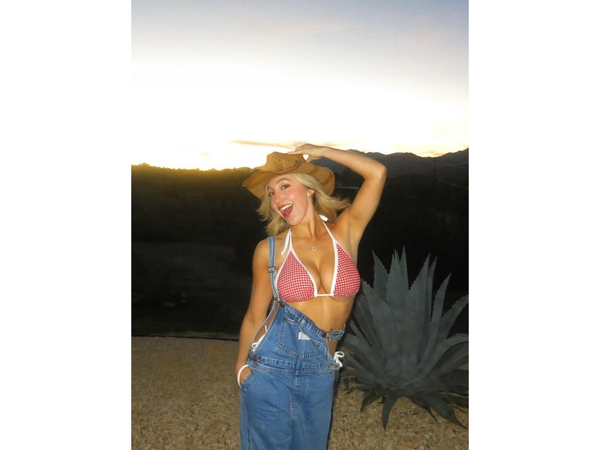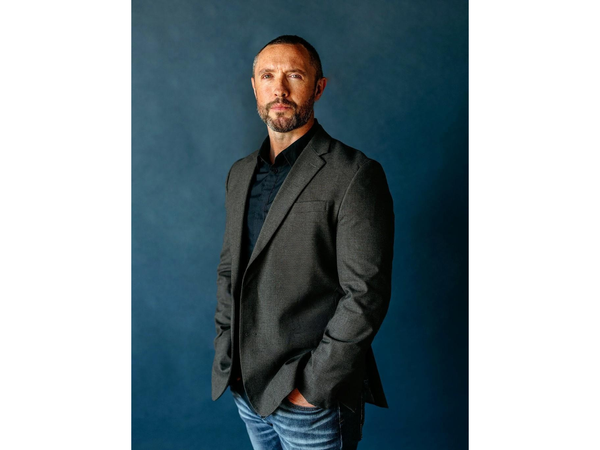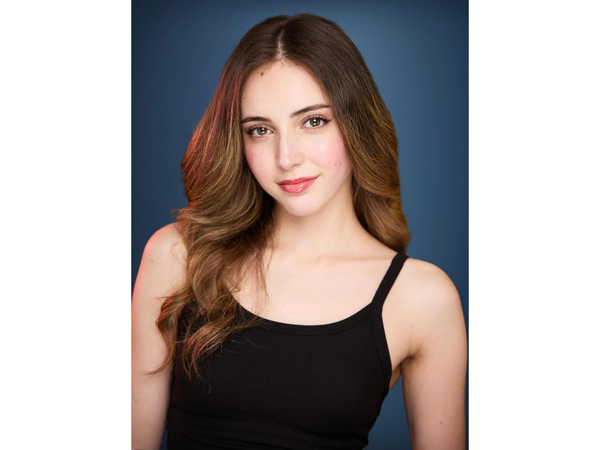JOHN BERARDO TALKS INITIATION
"The genre is so inherently misogynistic"
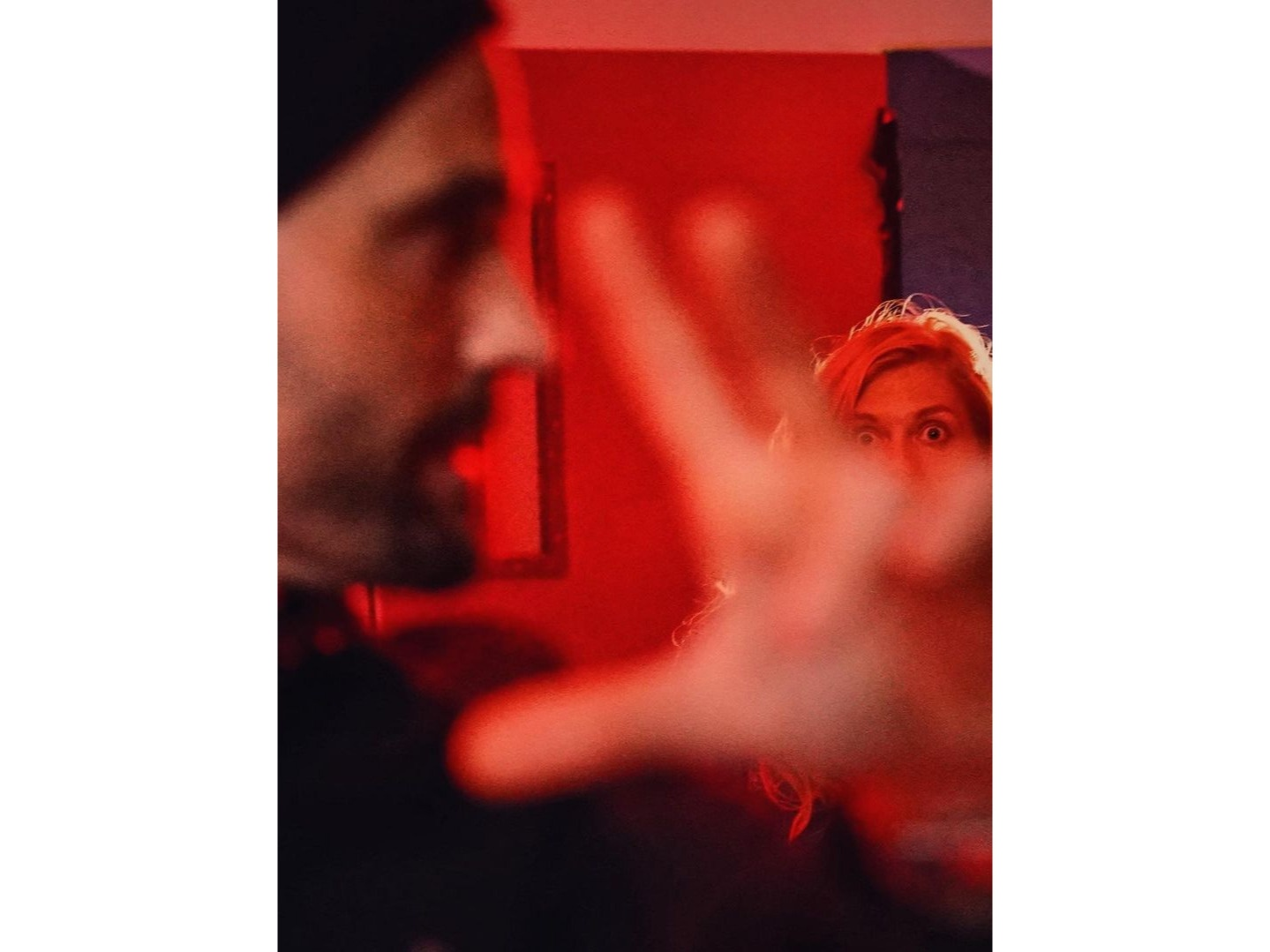
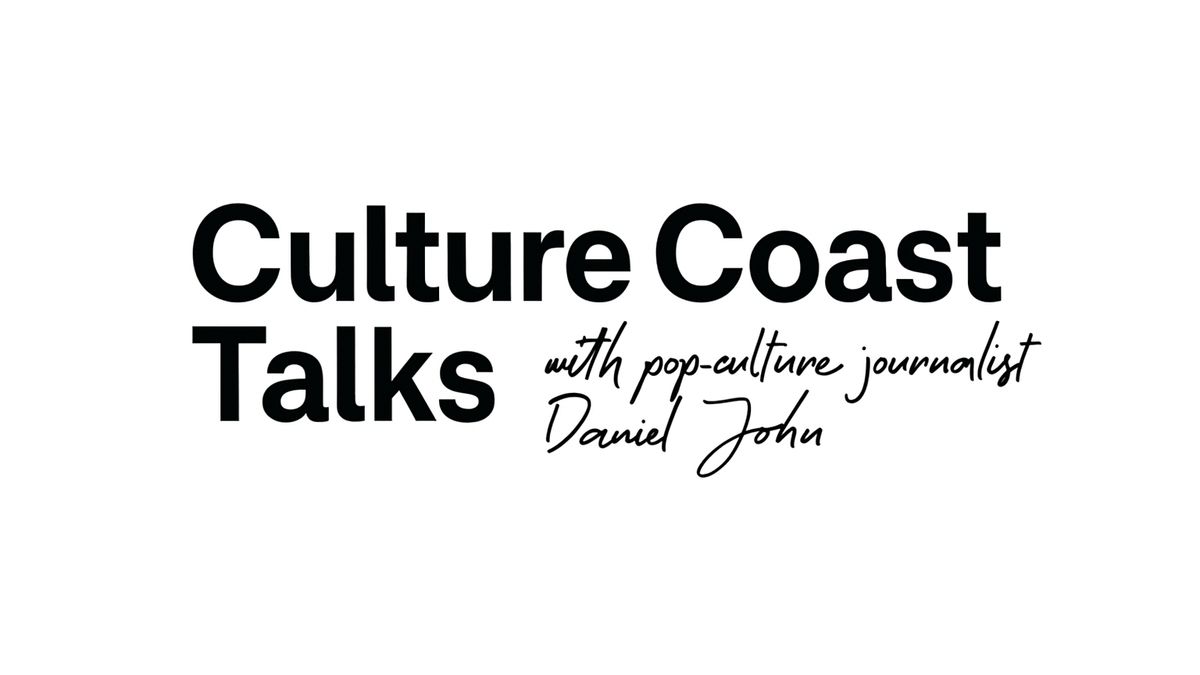
How was your transition from directing theatre to film?
Every decision I’ve made in my career has been a stepping stone. I knew I wanted to direct movies very young and actually started making my own with my friends as a teenager. When I got to high school, I decided to make new friends with the drama department so I could cast “real” actors in my movies instead of just my friends. Opening my world to theatre made me realize that it was the best way for me to learn how to really direct a performance and it introduced me to a world of peers who had similar goals and dreams as I did. So, I studied theatre directing in college, and took what I learned to graduate school where I studied cinema production. I believe learning how to really direct an actor, no matter the medium, gave me an advantage when working with everyone on a movie set.
Apparently, theatre directors are often not especially interested in realism, but rather in a larger than life-feel that will make whatever is happening up on stage enjoyable. I would imagine the movement and physicality of a horror film and a play on the theatre stage can be similar in that way?
Physicality and movement are key in any genre or medium for an actor. In horror, it’s especially important due to the physical obstacles the characters face, but also if you have a masked killer. Every iconic horror villain has their signature physicality that either makes them appear human or even non human. I do agree that the beauty of directing theatre can be metaphorical with a hyper realistic approach, but also just as impactful when you approach the stories and characters with realism. In 'Initiation', the final act was filmed very much like a play, from Kylie and Ellery’s chase scene into the computer lab, all the way until the reveal of the killer. By shooting our takes with this action from beginning to end, we were able to allow actors to perform in longer takes with specially choreographed fight sequences. This obviously took a lot of time and patience, much like a play, but once we were rolling, we were able to get our shots with minimal takes. Ultimately this approach not only got the coverage we needed for the finale, but also the performances from the actors.
What do you enjoy more, the directing or the writing?
Definitely directing. Writing is something I have to work a lot harder at to understand characters from scratch and to execute. That being said, taking the time to become and learn how to be a better writer is helpful for anyone in a creative field.
Would you say you were a genre fan from a young age?
If I’m going to be honest, the first horror movie I saw was 'Scream', which opened up Pandora's box for me. As a kid, all the clever references went over my head until I eventually watched all the old horror classics after seeing 'Scream'. I’d say what drew me to 'Scream' was the way it exuded nineties youth culture. I was also so disturbed by the violence, I kind of had to desensitize myself by watching other horror movies so I wouldn’t be so scared. It was a fun thrill.
‘Scream’ is an obvious influence here. A film that defined its era, but many genre-auteurs also say that and the many similar films that followed ended the genre. I assume you don't feel the same way?
I believe 'Scream' revitalized the slasher genre by making it more than just a campy pulp fiction 'Friday the 13th' gore fest. It was smart, funny, but also scary and was not just about the killing, but why people killed. After 'Scream', we did see a lot of copycat movies and sequels, especially due to 'Screams's success in video rentals and 'Scream 2's theatrical success. The same thing happened after the success of 'Halloween' in the early eighties. But after Craven’s success in the genre, and obviously 'Scream' being the phenomenon that it was, bigger studios started becoming more interested in making money off horror in a way the genre hadn’t seen in the nineties. Personally, I also felt the shift those people are referencing when I was in high school. This was when Michael Bay started re-releasing the classics like 'Texas Chainsaw' and 'Amityville Horror', at the same time a lot of horror releases became PG13. Columbine was an event in the US that had a big impact on the genre, resulting in the toning down of teenage violence in movies. I even remember Kevin Williamson had to change the title of his directorial debut from 'Killing Mrs. Tingle' to 'Teaching Mrs. Tingle'. And he never directed anything again after that. This became especially prominent around the time 'The Ring' and 'The Grudge' were released. By remaking all these horror movies with a PG13 rating, it really steered where the money went to get horror movies made. Alexandre Aja’s film 'High Tension' is one of the last efforts to revitalize the genre, and is still referenced to this day as the last slashers before 'Saw'. I believe it got caught up in the “torture porn” sub genre when released, especially due to the 'Saw', 'Hostel', and 'Wolf Creek' movies being such successes. It is hard not to correlate the rise of torture porn in the 2000s as a result or a backlash to all the toned down PG13 horror movies that were being released after the success of the nineties slasher.
Most people just see the scares, but horror often goes further with its underlying themes, reflecting real-world issues. From toxic masculinity and objectification to race and mental health, the genre has long served as a mirror to society. What did you want audiences to see in that mirror with this film?
Yes absolutely. When making 'Initiation', we knew we wanted to make a “dramatic slasher”, or some have called it a “neo slasher.” Instead of being self aware of the slasher genre, we wanted to be self aware of current toxic college culture and how social media plays into that world. Personally, I was bored of watching successful horror movies be remade without thinking outside of the box. Even new movies frequently repeat the same slasher formula with out characters acting the way someone would if a family member or friend was brutally murdered. If you watch a documentary about real serial killers or victims of sexual violence, the families of the victims are crippled by the tragic loss. I wanted that element of grief and realism in our movie, something you don’t see with a typical slasher. The slasher genre is also so inherently misogynistic, a “man” chasing a screaming usually half naked woman with a phallic weapon. We wanted to turn the tables and do a gender flip with 'Initiation'. We had to take these issues seriously, to compliment the tone of the themes we were presenting in our story, otherwise it could have been offensive to any sexual assault survivor watching our movie. After releasing 'Initiation', that “realistic approach” of grief obviously resonated with some genre fans and did not with others. But when I watch a horror movie, it’s all about the characters and how they respond to the obstacles they face.
'Initiation' is a movie about toxic culture and grief over being a slasher movie, horror movies reflect society and it’s ever evolving approach to humanity. I always kept a question in the back of my mind on set, "What is the most realistic way this horror could happen?", and you always find the answer to that with your actor. Because they connect the audience to the story and the reality of the world. We see it all the time, people screaming at the TV watching a horror movie, shouting the logical moves they would make if they were being chased by someone with a weapon. Horror does that to us, it is one of the unique genres that sets audiences up to ask the question, "What would I do in that situation?" If you add a relatable performance to the mix in a world that mirrors the one we live in, it only encourages the audience to empathize with the characters who are experiencing that horrifying situation.
It can take a long time for a movie to get made and considering how fast social media changes, how did you made sure the social media use stayed up to date?
From the beginning we knew that social media was not only important to the story, but also the themes we are trying to tackle. Approaching the script, social media and texting was treated like another character. Before shooting the movie I knew that I wanted the design to be stark and simple. An interface that would be timeless. Before production the actors made their own character's social accounts, thinking and engaging with their characters and the script in a way that not many actors do for roles. From a performance standpoint, I wanted to make sure they had working phones while shooting and were actually texting and posting on the accounts they created. We had a designated social media and phone coordinator on set. Someone whose job it was to distribute phones to actors, making sure the right accounts and numbers were ready for the scene, organized every digital aspect. They would also perch next to the script supervisor during scenes that required live message exchanges. This not only allowed the cast to perform online live, we would also screen record each phone that was used in a scene, almost like another camera. Those screen recordings were then dumped with the dailies so our post team could start lining up the messages that needed to be designed for visual effects before they even received a cut from the editor. This pipeline made things seamless for us from pre-production, all the way to delivery. It also gave us a huge amount of media that was captured by the cast on set. I'll be honest, probably about fifty percent of the messages that were in the script or recorded on set stayed the same in the final cut. We learned we could add a message or change something from what was originally written to make a character seem more suspicious, or steer the audience's direction. It was a lot of work and coordinating but we knew it had to be done that way to make the message and themes of the movie as authentic and relatable as possible.
As I’m sure everyone’s been telling you, that mask is one to love, up there with the most iconic. I’m curious though does the reflection mean anything. Maybe I’m overthinking but is it like a "be judged by the enemies you’ve made" thing?
The mask was so important to us from the beginning. We constructed every detail of the killer’s mask to fit in the realm of genre-referencing, seeing yourself in the killers mask, facing your own demons, and so on. Way earlier in the process, the killer had a dome-like reflective mask, and that was the plan until a few months before production, we did a camera test and found the dome did pose some challenges with camera and crew reflections. So we pushed the idea to give it a geometric fragmented more masculine design, something that would symbolize the EDM music concert culture, and the themes of our story too.
Is it right a former Disney-man worked on the mask?
Yes, we were so lucky. We knew we wanted it to look manufactured, like something purchased, not crafted, so once we were all on the same page with the design, co-writer and producer Brian Frager’s uncle, Stan Dufek, a retired designer at Disney, took a protocol I made and designed a really iconic slasher mask. It came out better than I ever imagined.
I heard Isabella Gomez was cast just weeks before production started. Did you hold out for a confirmation to get her, or was it more like a possible Eric Stoltz as Marty McFly situation?
We originally had a different actress cast as Kylie, and we were very excited about working with her, but we were experiencing schedule conflicts with a show she was on. When meeting with Froy Gutierrez to talk about Wes, he mentioned Isabella Gomez since he had worked with her on her show 'One Day at a Time', and thought she’d be great for Kylie. And he was a hundred percent right. Due to the other actresses' conflicts I went ahead and reached out to Isabella with the script. She read it and got back to me right away and was on board.
Does a strong vision in a storyteller also mean having a uncompromising vision in your opinion. Should a good filmmaker compromise their vision if they are told to take a different direction or should a director always stick with their vision?
Comprise is the key to success in life. I believe a storyteller’s job is to inspire the cast and crew to bring their best efforts and art to the storyteller’s “initial vision” for the project. This movie isn’t just “my vision”, it’s the vision of all of us who made it together. I only inspired them to be their best creative selves. Making a movie is a group effort and I believe the best movies are the ones when a director collaborates with everyone, expanding their initial vision to something they could have never conceived fully on their own.
‘Scream’ films keeps on coming, and there is even a ‘Slumber Party Massacre’-remake that just came out. Can you imagine a 'Initiation 2'?
This is a great question and one that I would have had a totally different answer for months ago when 'Initiation' had it’s initial release, of course we do have ideas to continue the story for a sequel, we wrote it on a cliffhanger for that reason. Releasing 'Initiation' during the pandemic has taught me a lot as a filmmaker. I’ve learned how differently independent horror operates vs a studio horror release. Independent horror releases rely on the PR of a festival to initially get the movie out in the world. Our movie was supposed to have its SXSW premiere in 2020, which of course didn’t happen. We’re so lucky to have still been released internationally given that the pandemic changed the movie business and how things operate and are sold. Now that we’ve been released, it’s fascinating to watch the slow drip effect. As 'Initiation' continue to make its way out to the world and enough people keep talking about it, we can keep our fingers crossed that it continues to resonate with enough people to keep the world going.

